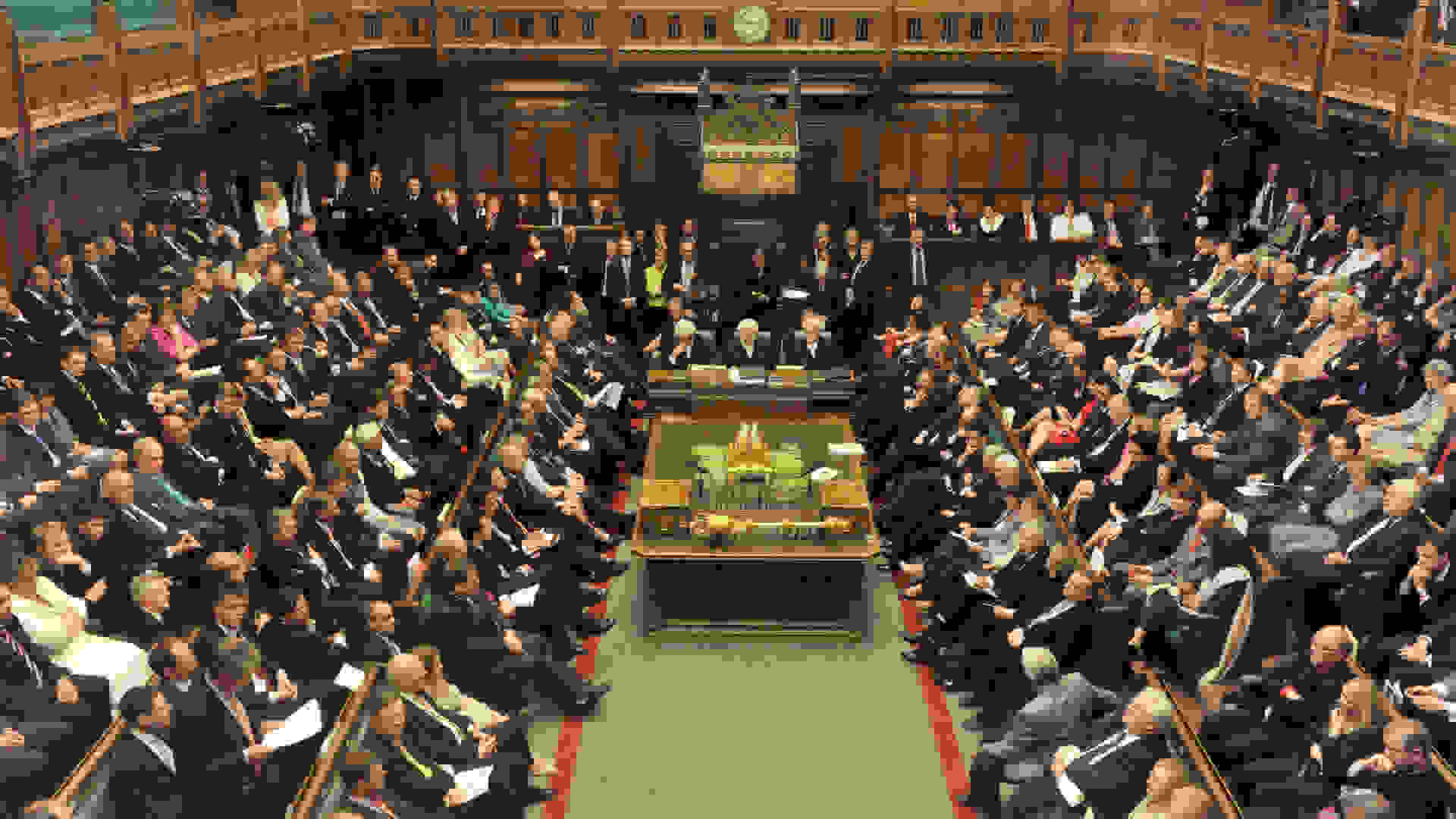News / Mandelson, Andrew and Epstein: Should there be parliamentary committee of inquiry? A conversation with Tom Tugendhat MP - Parliament Matters podcast, Episode 133
After the Greens’ Gorton and Denton by-election win, we assess the fallout: pressure on the Prime Minister, possible party-switching, shifting alliances, and whether mainstream parties’ sub-30% vote share could revive electoral reform. Tom Tugendhat MP calls for a parliamentary “super-committee” to probe the Mandelson–Mountbatten-Windsor saga. Plus: Speaker drama over Mandelson’s arrest, and looming battles over the Spring Statement and billions in public spending. Listen and subscribe: Apple Podcasts · Spotify · Acast · YouTube · Other apps · RSS

